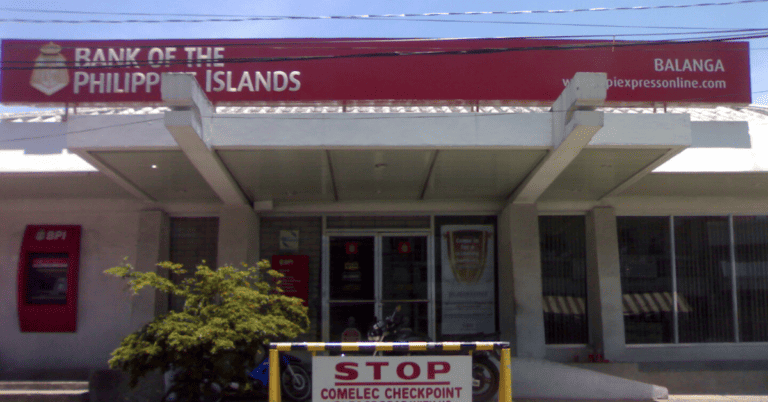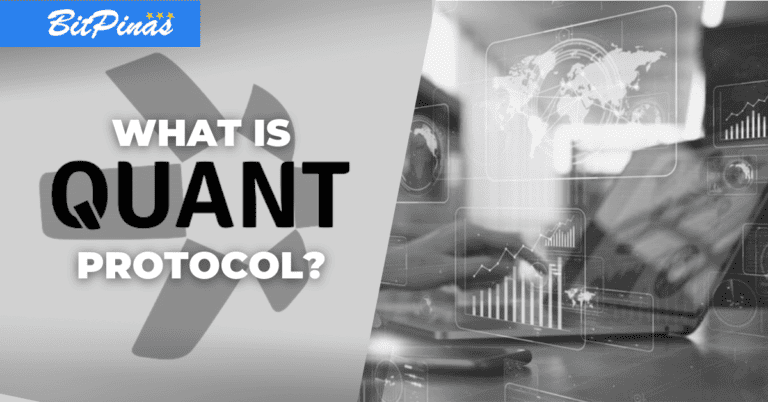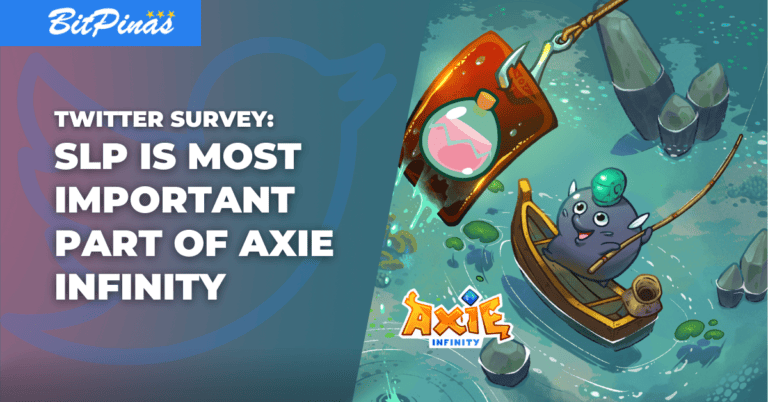Philippines SEC Issues Cease and Desist Order on PAYASIAN/PAYA COINS
If a company in the Philippines is not registered to solicit investments here, then they should not solicit investments here.

[Update] March 29, 2020 – The Securities and Exchange Commission (SEC) issued a cease and desist order against PAYASIAN for offering an unauthorized investment scheme involving a supposed “cryptocurrency” called PAYA COINS.
On March 20, 2020, SEC ordered Payasian to immediately cease and desist for “further engaging in, promoting, and facilitating selling and/or offering for sale securities in the form of investment contracts and/or other activities/transactions.”
The Commission also prohibited the company from transacting any business involving funds in its depository banks, and from transferring, disposing, or conveying in any manner all related assets for the benefit of the investors.
The SEC’s cease and desist order covers Payasian’s partners, operators, directors, officers, salesmen, promoters, and all persons claiming and acting for and on the company’s behalf.
SEC confirms Payasia registered as a corporation in August 2019. However, its registration did not allow the company to engage in offering securities to the public, which needed a secondary license from the SEC. The Commission’s Markets and Securities Regulation Department and Corporate Governance and Finance Department confirmed that Payasias did not apply for registration as issuer of securities nor did it apply for a permit to offer them.
However, SEC found that Payasian is offering securities in the form of investment contracts. In November 2019, SEC advised the public in dealing with Payasian.
Payasian entices the public to invest in Payacoins, which the company encourages the investor to hold for 6 months to receive 30% additional Paya Rewards plus referral rewards. Payasian offered “Sharer Packages” starting at Php 8,145 for 1,040 Paya tokens for a commission of as much as Php 500 per day. A person may invest as much as Php 5,700,058 for 740,749 Paya tokens to receive as much as Php 10,000 a day.
SEC found that Payasian is enticing members to invest their hard-earned money with the expectation of receiving passive income from the pooling of investments and mining of Paya tokens, while at the same time earning active income from recruitment bonuses. SEC said Payasian’s act of publishing and making presentations about their investment scheme online, as well as inviting investors, is an act of “public offering”.
SEC noted that without the registration statement filed and approved by the Commission, Payasian’s act of selling/offering “packages”, which are securities in the form of investment contracts is a clear violation of Section 8 of the Securities and Regulation Code (SRC).
Read More: [Recap] Crypto Compliance Conversations Part 1: SEC Will Enforce Its Rules
Original article follows:
November 18, 2019 – The Securities and Exchange Commission (SEC) Enforcement and Investor Protection Department issues an advisory against PAYASIAN SOLUTIONS PTE. LIMITED/PAYASIAN PTE. LIMITED CORPORATION for enticing the public to invest in the cryptocurrency called “PAYA COINS” (PAYA).
According to SEC, PAYASIAN’s investment scheme is promising a return based on different types of compensation plans. The 1st type is the “Buy, Hold, and Earn” option where the investor buys PAYA COIN and hold it for 6 months, after which the investor will receive additional PAYA rewards after the “Fund Blocking”. SEC said the scheme is “in other words, you will earn even though you don’t do anything.” The 2nd option is the “Referral Reward Option,” where the user will earn from referring others.
SEC said the investors need to exert any effort other than to pay the subscription fee in order to earn:
“Hence, they may opt to contribute funds only so that it may be used as trading capital by the company or to pay profits or returns to earlier investors. As their famous line states “kumikita kahit natutulog, walang invite, or walang ginagawa.”
Furthermore, SEC also found out the following:
- that the address of “PAYASIAN SOLUTIONS PTE. LTD” is located in Singapore
- that there is no “PAYASIAN SOLUTIONS PTE. LTD” registered with the SEC as a corporation
- that a “PAYASIAN PTE. LTD CORPORATION” is registered with the SEC on August 9, 2019 with the primary purpose of engaging in the “business of buying, selling, distributing, marketing, retail, and wholesale”. The registration confirms that it cannot engage in investment solicitation without a secondary license.
On a separate note, a thread on crypto forum Bitcointalk alleges that the “Team Members” behind PayAsian are not real people, claiming that the photos of the team members are stock photos or grabbed from the internet:

On the same Bitcointalk thread, a user claims that PAYASIAN’s Singapore Address is occupied by a different company.
Concerning virtual currencies through PAYASIAN’s “PAYA COINS”, SEC reiterates its advisory on Initial Coin Offerings, which generally refers to the first sale of tokens to the public. When a virtual currency can be classified as a “security”, it must be registered with the SEC, with which PAYASIAN did not (or currently underway, as claimed by its promoted). Simply, if the company does not have the secondary license, they cannot solicit investments.
With that, SEC advisees the public to STOP INVESTING on any investment scheme in connection to PAYASIAN. It also said that anyone who acted as salesmen, brokers, dealers, or agents may be prosecuted and held criminally liable. The public is encouraged to send information regarding PAYASIAN through the SEC Hotline 02-8818-6046 or to epd@sec.gov.ph
This article appeared on BitPinas: Philippines SEC Advisory on PAYASIAN / PAYA COINS
Read SEC Advisory Here.






Here sir are more proofs that payasian is a SCAM from VIETNAM news..
https://vietnamnet.vn/vn/bao-ve-nguoi-tieu-dung/moi-nong/vi-dien-tu-da-cap-khong-phep-ram-ro-giang-bay-lua-588563.html
https://anninhthudo.vn/truyen-hinh-atv/canh-giac-voi-vi-dien-tu-pay-asian/832722.antd
https://news.zing.vn/bo-cong-an-vi-dien-tu-payasian-co-dau-hieu-lua-dao-post1008654.html
https://www.google.com/search?q=payasian&tbas=0&tbm=nws&tbas=0&source=lnt&sa=X&ved=0ahUKEwjn8NHdxPblAhWWc3AKHdGfDBQQpwUIHw&biw=1366&bih=657&dpr=1
thanks so much sir..hope this serve as additional evidence of payasian scamming sir..